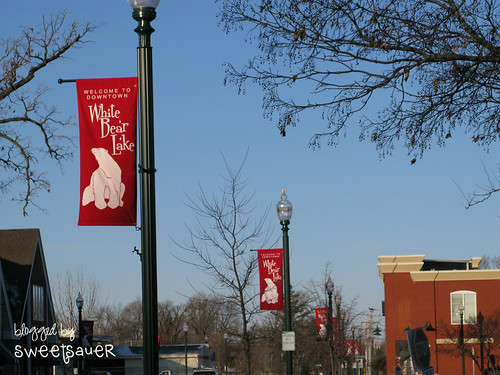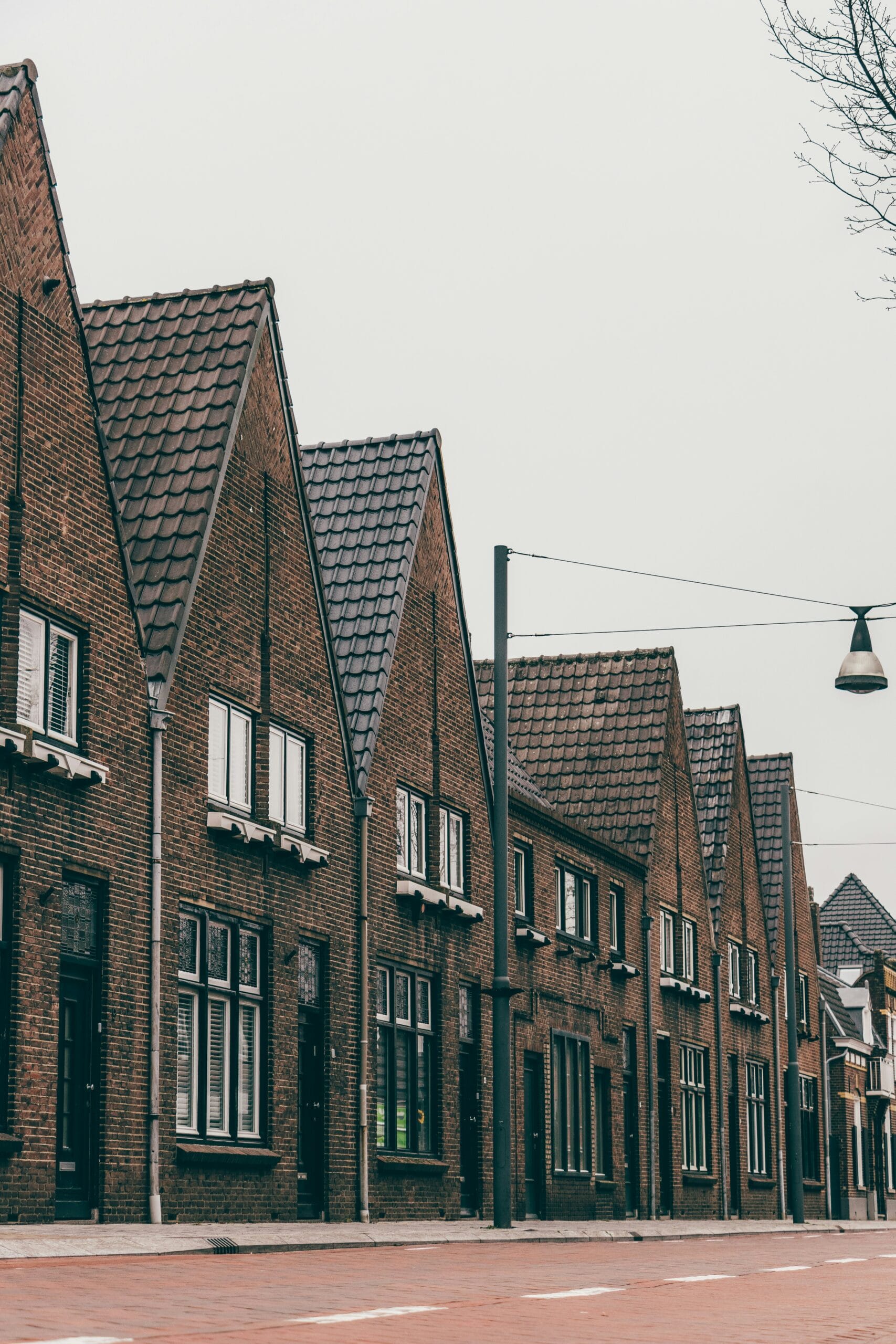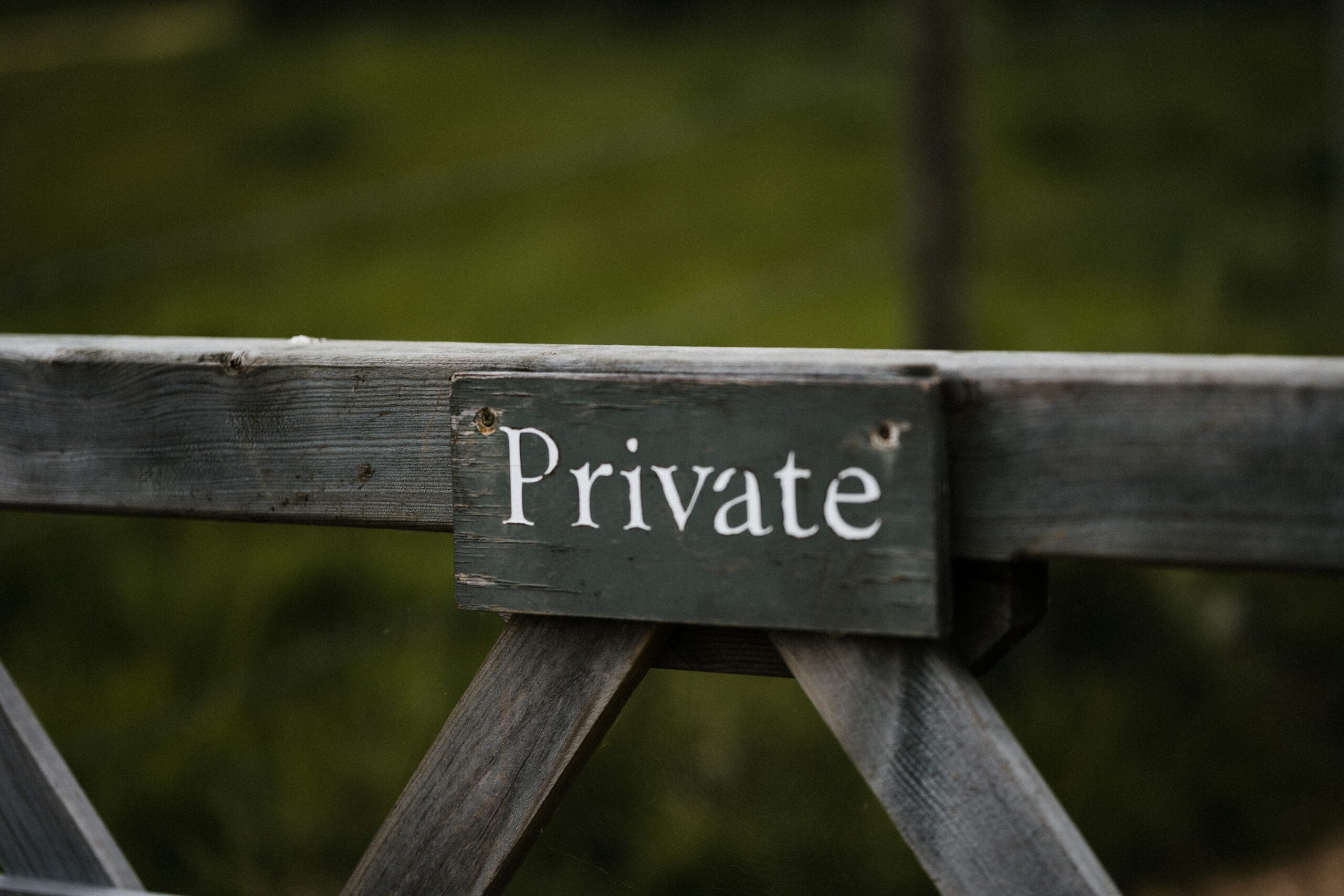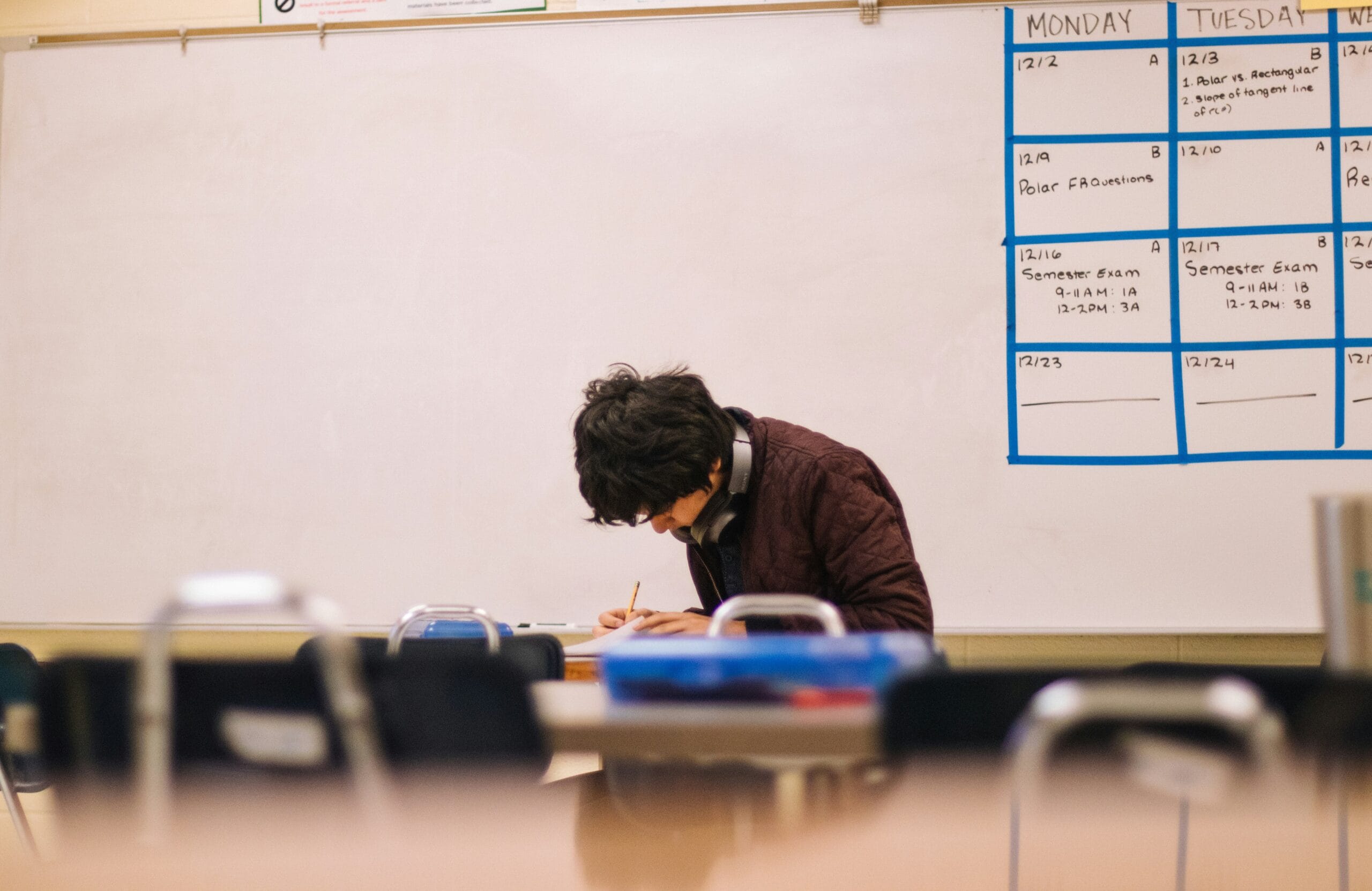Unraveling the Past: School Tour Experiences with the White Bear Lake Historical Society
General Overview of the White Bear Lake Historical Society
The main concern of the Soctiety is the promotion of the history of the White Bear Lake in Minnesota. Founded in mid 1970s, it is organized to satisfy the desire of the people of the community to preserve the history of their society. The institution collects, stores, and provides access to items that portray the importance of the locality in various aspects in terms of geography, economy, culture and history. The Society’s activities, therefore, seek to create a feeling of belonging among the people – of place and the community.
The Society carries out a number of projects and activities that have an educational aim for the society. Workshops, resources for local schools, historical re-enactments staging, educational field-trips to the White Bear Lake historic places are some of those activities. Also, the Society heads a museum which contains hundreds of pictures, tools, and countless other items that relate to the history of the area. Such resources are critical in providing people with a sense of local history and belonging.
Moreover, the WBLHS in all projects and events that it organizes welcomes visitors as well as organizes its events. So, whether it is guided tours, workshops or lectures, the Society sees to it that all members of the community play a role in sustaining and appreciating their culture. The inclusivity of the promoted initiatives encourages a deeper understanding of local history. This came as a result of the White Bear Lake Historical Society allowing the public to appreciate and learn about their history which forms an integral part of the White Bear Lake area.
The Importance of Field Trips in Education
Every learner recognizes field trips as one component that is useful in as part in education, and thus learning moves from the corridors to the yard and hands on activities. It is these real life experiences that the trips offers which makes the understanding of different subjects easier for students. That is why the impact of field trips is because they enable students to learn through experience. Instead of focusing on theoretical aspects only, learners can relate to, touch and do understand different activities handled in class lessons.
Experiential learning lets students engage with the content at a time where it becomes easier to remember and understand. For example, a visit to a historical site allows students to see the history and appreciate it in a better than reading a book can provide. This kind of involvement is important because it gives students a chance to practice information rather than stick to the theory only which helps them retain more information.
In addition, field trips also help enhance the ability to think critically. While exploring an unknown place, students are motivated to think and read between the lines. Be it watching displays in a museum or talking to locals about local history, they get to query enter and build points based on their experience. This engagement with the surroundings builds up a questioning spirit, and also helps them to critically take a deeper look at things and ideas in the world around them.
Put simply, aside from academic achievement, field trips also encourage social development. Doing things in groups increases collaboration, interaction and participation among classmates. Students get to appreciate differing opinions and learn to overcome challenges as a group which, in turn, helps them grow as individuals. These social activities are important in grooming students for the next phase of their lives, including advanced studies and careers.
Field Trips tie together theories and other forms of knowledge with the real world, providing a much needed cog in the education system. Education is enhanced as field trips assist students in developing higher order skills as well as social skills which makes them an essential element of education in the modern world.
An Overview of the Field Trip Programs Available
To cater for different age groups and ensure effective learning, the White Bear Lake Historical Society has come up with numerous field trip programs. These are again interconnected with various themes based on certain aspects of the social history, the development of the local communities and the cultural heritage of the different geographical areas covered which gives students an opportunity to explore history while being part of active learning experience.
Exploring the local history is one of the main foci of the program. The content of this program is targeted towards minor students in elementary schools, and it helps them understand the founders of the community in which they live, the existing notable structures within the community and even how the community has developed with time. Students imbibe a sense of place through participatory storytelling and community walks, which ostensibly, helps foster a positive attitude towards the community.
Talking of local history, the society also runs a program entitled “Pioneering Life” which is designed for the middle school learners and emphasizes the life of the early settlers. They are given an opportunity to interact with the history through role playing which means they are expected to act out the events of the past and appreciate the hardships and victories that faced the pioneers. It also makes them know the gravity of hard work, creativity, and working together.
“In Cultural Heritage” is a program suitable for senior students as it defines various aspects of the people who form the great white bear lake society. It propagates Multiculturalism and immigration impact on the society’s history. Students are motivated to conduct genealogy research on themselves and participate in debates on their cultural identity, hence the enrichment factor on their learning processes.
Generally speaking, the different field trip programs engaged in by the society are aimed at providing a holistic educational exposure that would be appealing to the learners of all levels. These exhibitions have variable themes like the local history, the pioneering life, the cultural heritage and are aimed at enhancing education and fostering unity towards the community and its history.
Exceptional Journeys: Main Highlights Of Recent Field Trips
The recent field visits undertaken by the White Bear Lake Historical Society took all of the participants to another level by helping them to learn about the prevalence of history in that region. In every case, the aim was to give students or community members an offering that enabled them to engage with the region’s heritage actively or through participation.
One of the trips worth noting was the trip to the Pioneer Village where students were able to learn history. This excursion had these costumed interpreters who guided students around various historical events. The participants were able to visit a blacksmith’s shop, a pioneer cabin, and several other displays depicting life in the 1800s. Another important part of this trip was the woodworking session where students were able to experience and understand some of the skills and tools of the previous generations through craftsmanship.
Last but not least, a very interesting excursion was to Peruvian historical archives, which was received with excitement by students and teachers alike. The trip included a tour of the preservation system and allowed students to look at various items and documents vital for the development of the community. During this visit, students can also partake in a scavenger hunt, which encourages them to explore the meaning and significance of each item that the children come across. This participative method strengthened the learning experience as the teachers claimed the involvement and interest of their pupils increased.
Comments from both teachers and learners harmonized on the degree to which these historical excursions could change people’s lives. “All these excursions not only supplemented our syllabus, but also more importantly aroused even greater interest among our children about the culture and traditions,” said one of teachers. This type of response would appear to underline the significance of learning by doing or through the experience, and in this example how touching history can motivate future generations to seek more and appreciate their roots.
Cooperation with Local Schools and Organizations
The White Bear Lake Historical Society cooperates with local students and teachers to increase the interest in history among the children. As a result of these connections it is possible to engage students into the real life of the community and enhance understanding of the local history. The Society considers it important to interest students in local history by organizing field trips about sites in the region and thinks there are better ways of learning.
The main aim of such co-operations is to take history closer to the classrooms of the local history centers. This allows teachers to find programs, resources and materials to implement into the teaching and that are relevant to the historical standards. Schools are also served with organized programs, which enable children to tour some historical sites but with other related activities such as group discussions and lectures given by some of the Society experts. In pursuit of this aim, different fields are encouraged, logic and love for history.
Partnerships reach beyond the schools and establishments, local organizations are also essential to the cooperative efforts . The White Bear Lake Historical Society cooperates with local cultural organizations to manage events that promote awareness of the community. Such initiatives help to improve community involvement as residents are enabled to take part in the appreciation, conservation and interpretation of their past. Through such connections, the society makes sure that local history is told as history, with multiple voices expressing and adding to the understanding of the present situation of the area.
This link or, rather, the synergy between the White Bear Lake Historical Society and the schools and other organizations around it, stresses the need for efforts to be combined to advance the teaching of history. The approach that these entities take is that by working together, they do not only improve teaching and learning for the children but also create a community which cherishes its rich historical past and thus Guarantees that historical accounts of the earlier generations survive for the subsequent ones.
Community Engagement Through Historical Societies
Promoting a sense of belonging and belongingness to the residents and the residents’ appreciation for aspect of culture are the features that historical societies enhance which in turn drives the engagement of the community. For example in the context of White Bear Lake Historical Society these organizations are custodians of the local history together with the culture by collecting, documents, artifacts and narratives that are core in defining the locality’s community. Further, engaged the residents of all age groups in a positive manner towards the community by developing exhibitions and offering educational programs in the historical societies.
Organizing events to promote people’s links with their history is one of the responsibilities of historical societies. Locals and visitors are welcome to participate in these activities, which may be guided tours, lectures, workshops, or reenactments. Such initiatives not only promote an understanding of the community’s history but also improve the interrelations of the residents by bringing them together in some activities. For example, taking part in a local festival of heritage may help many community members to proud of and feel attached to their collective cultural diversities while appreciating them.
Furthermore, volunteering offered by historical societies gives the local people a chance to participate in the conservation and development of the local history. Involving the community members in activities such as archival work or organization of events promotes the culture of collaboration and ownership among historical societies. This involvement helps to forge relationships between different segments of the population, thereby enriching the history of the community. When people strive together to protect their cultural treasures, they form strong ties that promote the social fabric of the community and increase its vibrancy.
Historical societies increase public involvement massively due to their drive for historic preservation and active community participation. The White Bear Lake Historical Society shows indeed how one can cut across history and present by ensuring that the local history is well embedded in the minds and hearts of local people.
Planning Your Field Trip: Tips and Best Practices
Students and educators alike can take advantage of the WBLHS field trip. However, a well thought out plan has to be in place so as to make the trip valuable and educational. First things first, one has to plan the day well in advance in order to find the day the topics are available and for everyone to prepare. That will also help with how many people are planning on arriving.
Before the trip, it is worth considering if the students should have a pre-planned session. This could be teaching them about the significance of the Society and the things they will see. Making students do some pre-research on aspects that will come up in class can engage them better. Assume the students have been asked to write questions that they want to address during the visit and encourage them to do so. This is a good way of getting students involved in the lesson.
The vacation’s actual day comes. For smooth operations, make sure that each student is accounted for and each group of students is assigned an adult. Make sure to also pack basic comfort items like water and first aid kits. Or, as a much better solution, planning for the conditions by picking suitable clothing and footwear will work fantastically.
Having the historical society take groups around the building is a wonderful way to give students a more personalized experience. Emphasize to the students that these activities will aid them in understanding history better, as well as help them create lasting memories. Implementing these tips will allow teachers to combine safety with engagement successfully, and will help students partake in an enjoyable journey through the White Bear Lake Historical Society.
Comments and Ongoing Enhancement
Every educational activity must include feedback, especially about out-of-classroom activities like field trips organized by the White Bear Lake Historical Society. The Society is keen to get input from participants with the aim of improving on many aspects of its programs. It is also a way of ensuring that this educational initiative does not become stagnant and out of touch with the times.
The process of collecting feedback commences straight after each field trip in which respondents are given questionnaires to fill that capture most of the issues participants encountered. These questionnaires are designed to solicit comments on the major issues such as how good the information under discussion was, how the guides conducted themselves, and how well the trip was organized. In this way, both quantitative and qualitative measures are utilized to appreciate the feelings and experiences of “customers”. Besides, informal verbal comments are often requested during and after each trip, thus ensuring that the Society has a chance to capture some of the unplanned impressions and ideas which are self-generated and do not come as part of the survey.
Once feedback has been collected, it has to be thoroughly analyzed. The Society’s team investigates patterns and recommends specific remarks aimed at several aspects providing the feedback to the society. This is an important step in the process, as it not only helps to emphasize the strengths that exist, but also helps find room for development. For instance, if comments suggest that spectators seem uninterested in the educational aspects of the activities conducted during the tour, the Society could review these aspects in order to enhance the experience for the participants in the future.
The continuous improvement cycle does not end with evaluation. Change is pursued by the Society so that its feedback is implemented, which emphasizes progress in education of the Society. In this way not only does the feedback result positively in respect to improving field trip programs but also the White Bear Lake Historical Society is able to generate confidence among the users resulting in more participation from the community in due course.
How We Go About Our Responsibilities: Volunteering and Supporting the Society
As a means of encouraging local public history to those who reside in White Bear Lake, the White Bear Lake Historical Society urges townspeople to get involved with their organization. Perhaps the most gratifying way to connect with the Society is to volunteer, since there are different ways of getting involved. Infact, volunteers can engage in administrative work, in event planning, or in programs that aim to educate the community in history.
Further, there is also a room for volunteers who will be able to deal with the actual pieces of history. With this, people get more hands on experience that helps them comprehend more the local culture while working for the Society. The volunteers for this purpose is equally important as they will help to preserve documents and artefacts which are very essential to the wide history of White Bear Lake.
If you are unable to commit your time and effort as a volunteer for the Society, there are other ways to help the Society achieve its purpose. Financial and material donations are very helpful to the resources of the organization. Whether it’s providing funds for educational activities or helping maintain places of historical significance, the people and their community help in keeping the historical projects active and interesting. In addition, members of the public are urged to come to events organized by the Society. These events are not only educational, but help to create a sense of community and a shared interest in the history of the region.
When you participate, either by contributing or spending your time volunteering, you ensure that the vision of the White Bear Lake Historical Society is there for the future. It is in unity that the Society is able to flourish with a good connection to the beauty of the past and a warm invitation to all to enjoy everything that White Bear Lake has to offer. With such an opportunity becomes available it motivates the community to appreciate the tales and legends crucial to the history of the region.




0 Comments